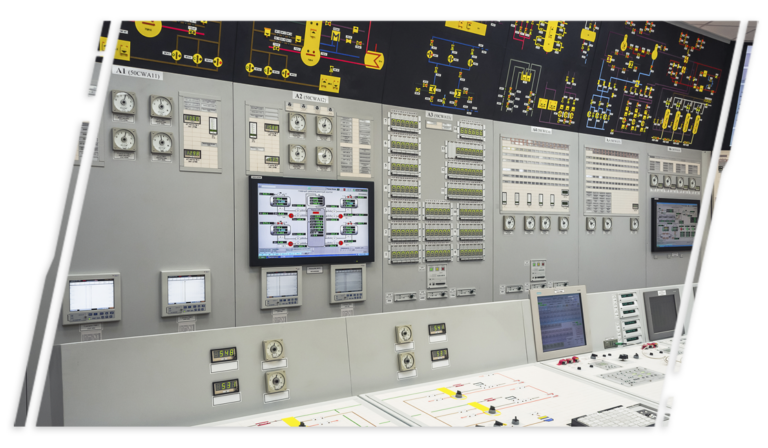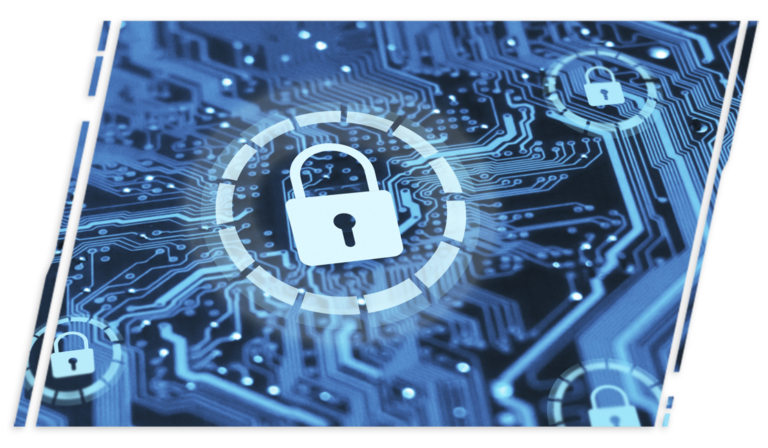
Energy sector audits to ensure compliance with NERC CIP requirements.
North American Energy Reliability Corporation (NERC) Critical Infrastructure Protection (CIP) requirements is a set of requirements that provide the energy sector a set of requirements, depending upon their operations – generation, distribution, and transmission.
Recognizing a potential danger, NERC CIP standards were created to prevent cyberattacks on power grids. To guarantee safety and dependability, these standards define a series of cybersecurity regulations that any organization handling bulk power must adhere to.
These standards include the identification of assets, access control, incident response, disaster recovery, and many more. To ensure safety against malicious activities, organizations must put into place firewalls, intrusion detection systems, and encryption techniques.
Organizations subject to the NERC CIP regulations must partake in regular audits to ensure that they are meeting all of the needed criteria. Answering these rules, independent auditors certified by NERC typically carry out these assessments.
Regular updates made to the NERC CIP are mandatory for all companies dealing with North America’s bulk power system. This is so that these organizations can stay ahead of cyber threats. Complying with these standards is key to keeping attacks at bay and ensuring the continued security of our region’s power grid.

Who Needs This
The North American bulk power system is run by several entities, such as generators, transmission owners, distribution providers, and those who provide other related services. They are obligated to follow the strict regulations of the NERC CIP standards.
No matter their size or location, all entities involved in managing and operating bulk power systems are subject to NERC CIP regulations. This applies to organizations based in Canada, Mexico, and of course within America that perform services related to electricity transmission and distribution networks.

How NERC CIP Audits are Completed
In order to ensure that the entities charged with operating the North American bulk power system adhere to the necessary cybersecurity standards needed to safeguard against cyber threats, NERC CIP audits are conducted. Such audits evaluate whether these responsible entities are in compliance with mandated regulations concerning the protection of the power grid.
Here’s an overview of how NERC CIP audits are completed:
- Pre-Audit Preparation: NERC-certified auditors collaborate with entities being audited to ensure a successful audit. For this purpose, they analyze and evaluate various aspects of their cyber security program like policies, procedures, and other relevant documents.
- On-Site Assessment: An on-site assessment is planned to be carried out by auditors at an entity’s premises. This audit is meant to assess compliance with NERC CIP standards and will require personnel to be interviewed as well as operations observed. Further, documentation such as logs and reports will also be scrutinized in order for a full understanding of the cybersecurity protocols that are being followed.
- Audit Report: Once the evaluation has been completed, auditors will create an audit report that outlines their discoveries. This document will reveal any areas in which the NERC CIP standards were not followed or met.
- Remediation Plan: In the event that problems or breaches of regulations are identified in an audit report, the auditee must produce a plan of action to handle them. This remediation plan needs to be sent to NERC within a period of time that has been specified.
- Follow-Up Audit: Upon the entity’s completion of its remediation plan, a follow-up audit will be conducted to determine whether it is now in accord with the NERC CIP standards. Should the deficiencies have been properly addressed, this subsequent review should result in an affirmation of compliance. However, where inadequacies remain, further corrective action may need to be taken and another evaluation conducted.

Benefits of NERC CIP Audits
For those who are in charge of running the North American bulk power system, performing a NERC CIP audit comes with several advantages. These include:
- Improved Security Posture: Performing a NERC CIP audit is an excellent way to evaluate the current state of an entity’s cybersecurity program and detect any issues that could lead to potential non-compliance with pertinent NERC CIP standards. Resolving these issues can help bolster their defenses against cyber threats while simultaneously improving their overall levels of cyber preparedness.
- Reduced Risk of Attacks: In order to maintain the integrity of the North American power grid, entities are encouraged to adhere to NERC CIP regulations and participate in regular audits. Doing so will reduce the risk of cyber attacks, thus ensuring that we have dependable and safe energy at all times – a necessity for our functioning society.
- Legal Compliance: Complying with the NERC CIP regulations is a requirement for entities operating in the North American bulk power system. Regular audits can help these operators guarantee they are in accordance with their legal obligations, thus avoiding any consequences or financial sanctions that come from not meeting said standards.
- Industry Best Practices: CIP audits conducted are created to guarantee that companies keep up with present industry guidelines for cyber defense. Carrying out normal inspections and executing suggested security protocols help entities remain abreast of the newest cybersecurity tendencies and regulations.
NERC CIP audits are essential. Through these evaluations, any possible cybersecurity vulnerabilities can be located and then attended to by entities, allowing for the betterment of the whole cyber safety infrastructure of the energy system.
